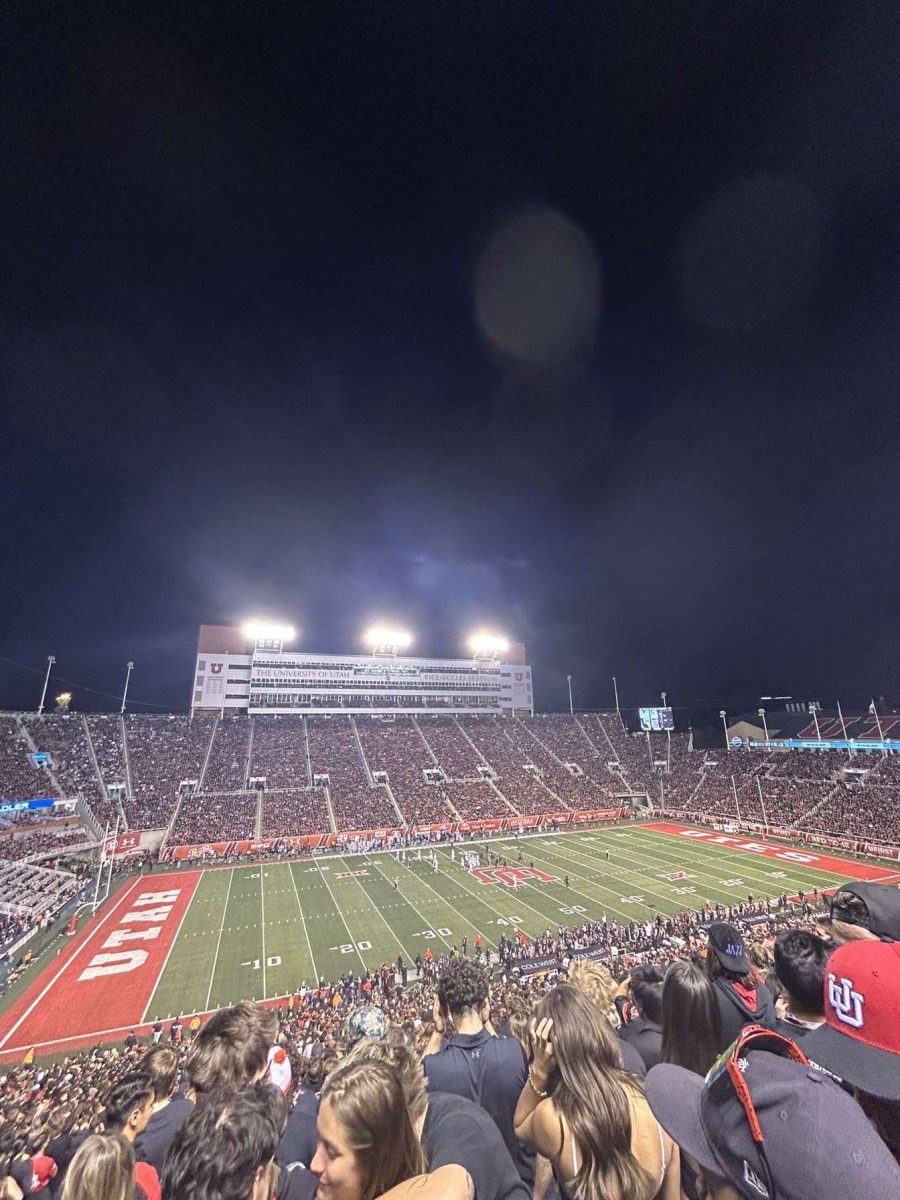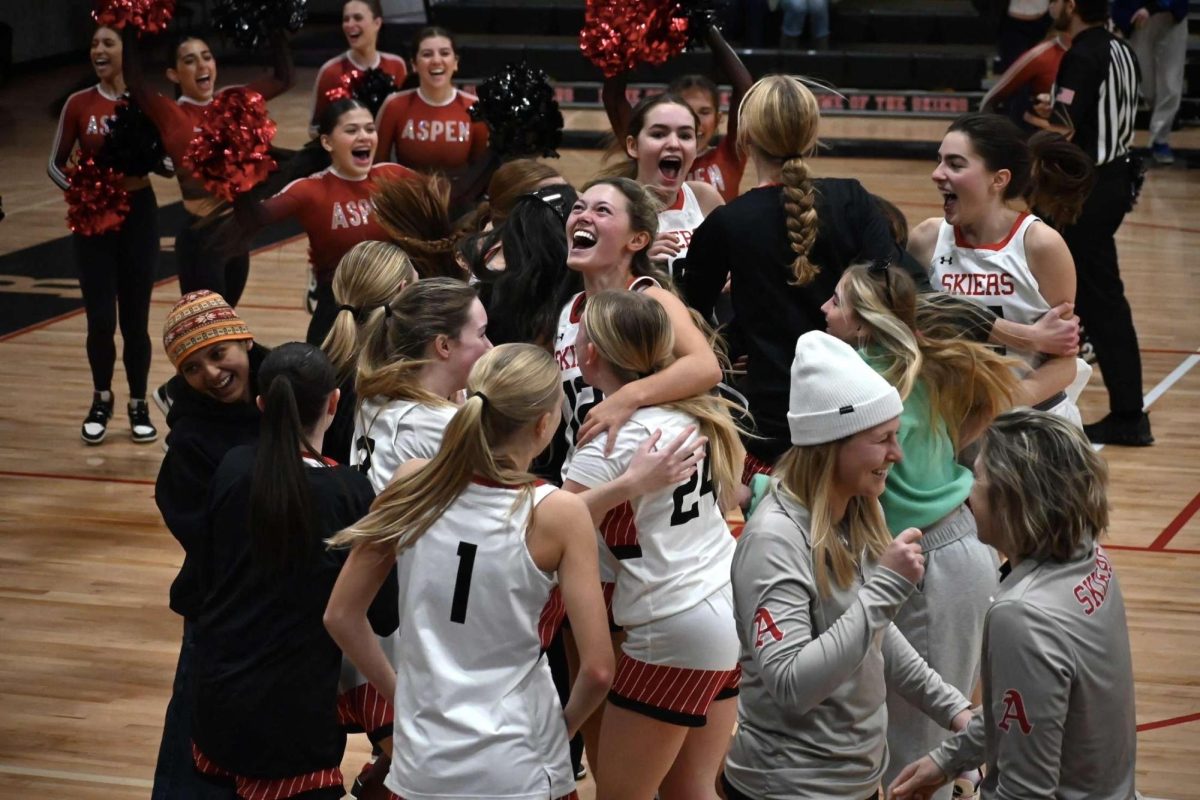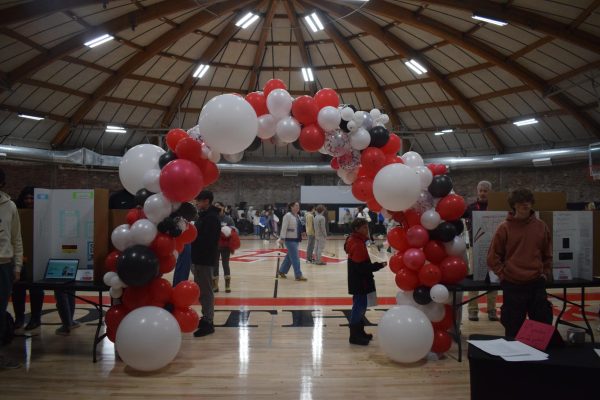Election litigation and its importance
Though unlikely, lawsuits regarding the election could reach the Supreme Court.
Even though countless news sources and high-level republicans recognize Former Vice President Joe Biden as the new President-Elect, President Donald Trump has yet to concede the election. President Trump is instead focusing his efforts on 16 different lawsuits against states where he claims widespread voter fraud caused his loss. The New York Times has called these allegations of fraud “unverified” and many of President Trump’s cases have already been denied or dismissed from court.
It is not unusual for candidates to look for something to attribute their losses to, and they often choose to blame the election system, doing so through litigation. Over his past 46 years in the field, Pennsylvania attorney Mark Aronchick has seen many candidates refute how elections are run. These complaints are occasionally brought to court, and have ranged from President Trump’s allegations of widespread fraud to the constitutionality of the ballot layout in the Gore v. Bush election. Aronchick, of law firm Hangley, Aronchick, Segal, Pudlin, and Schiller, believes that these challenges to the election system can be beneficial when they improve the legality of elections. However, Aronchick argues they can be detrimental when unfounded.
“There’re a lot of misplaced challenges because when somebody wins [an election], and somebody loses, that frequently bears a lot of explanation and unfounded assumptions about why [they lost],” Aronchick said. “Sometimes those kinds of [challenges] find their way into litigation, and that’s not helpful. It’s not helpful from a public point of view, it’s not helpful for the integrity of the elections, and it’s not helpful for finality.”
Refuting election results, both in and out of court, often starts in misconceptions about how the election process was conducted. Aronchick emphasizes the importance of looking into claims about election misconduct before declaring an election illegitimate.
“In my experience over the decades, there are significantly more unsubstantiated rumors and unsubstantiated stories than are substantiated,” Aronchick said.
While non-elected candidates often turn to the courts in hope of a recount or contest to have election results reexamined, Aronchick suggests that sometimes candidates bring lawsuits for other reasons, such as publicity or maintaining their voter base. Aronchick was quick to note that this observation relates to no specific candidate and is just a noticing from his time in election litigation.
“There are candidates who bring litigation because they want to show their supporters they’re fighting for them. There are candidates who bring litigation because even if they lost, they want to put some kind of cloud out there because they intend to run again for some other office,” Aronchick said.
As cases regarding the most recent election continue to be brought to court, Aronchick advises his fellow Americans to do two things: get educated and remain patient. While recounts might add time onto when the winner of an election is announced, Aronchick stresses their importance to a fair election and commends the people orchestrating the election processes in each state. Aronchick also stressed the importance of understanding the workings of elections, whether that be reading up on the electoral college or understanding what election litigation its outcome mean.
“When allegations about impropriety or fraud are made, people, general voters, and the population should be demanding to know facts, not just the allegation, of what’s actually happening,” Aronchick said.

Emily is in her senior year at Aspen High School and has spent three years writing for the Skier Scribbler. This year she is excited to be part of the...




























